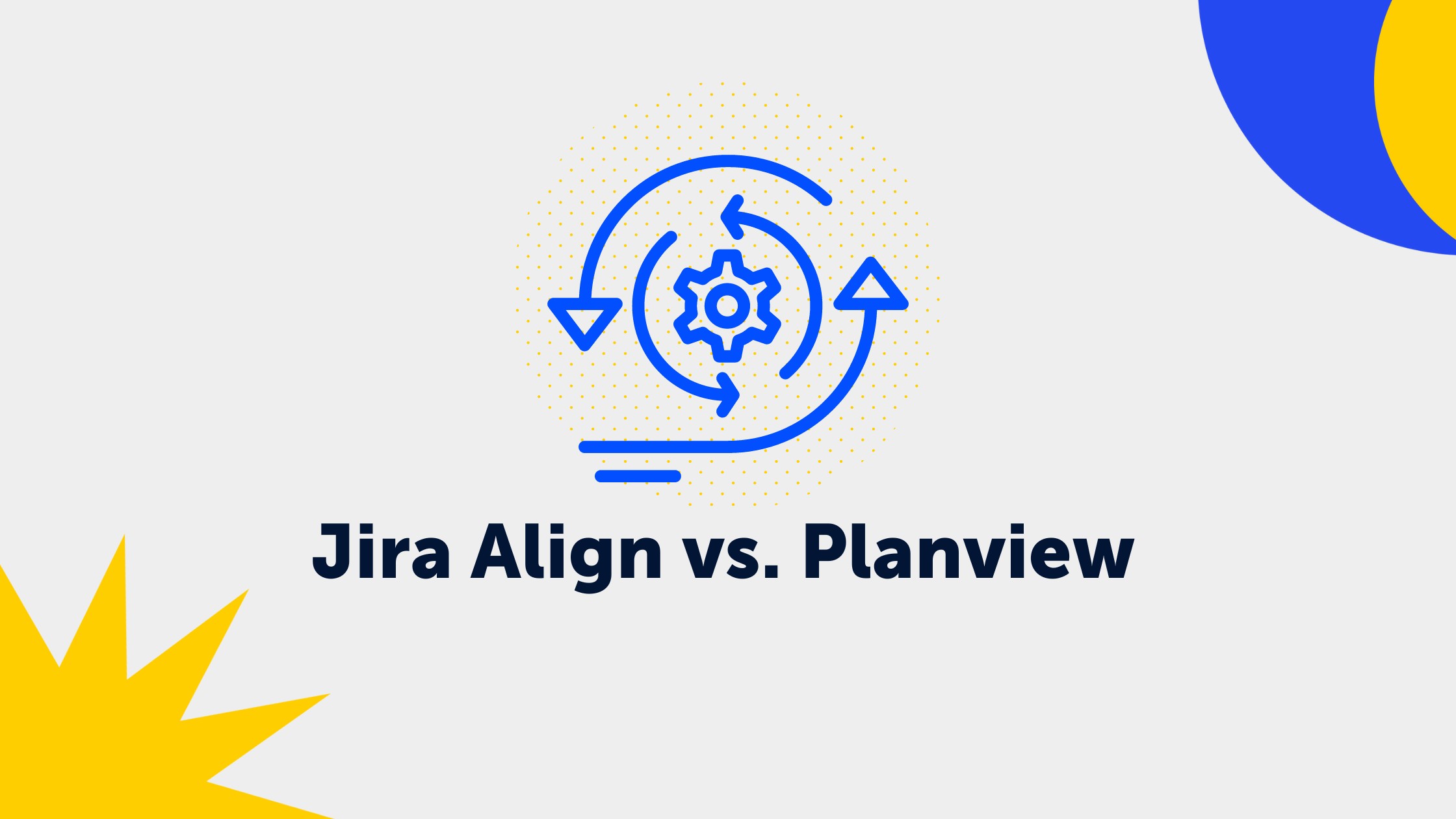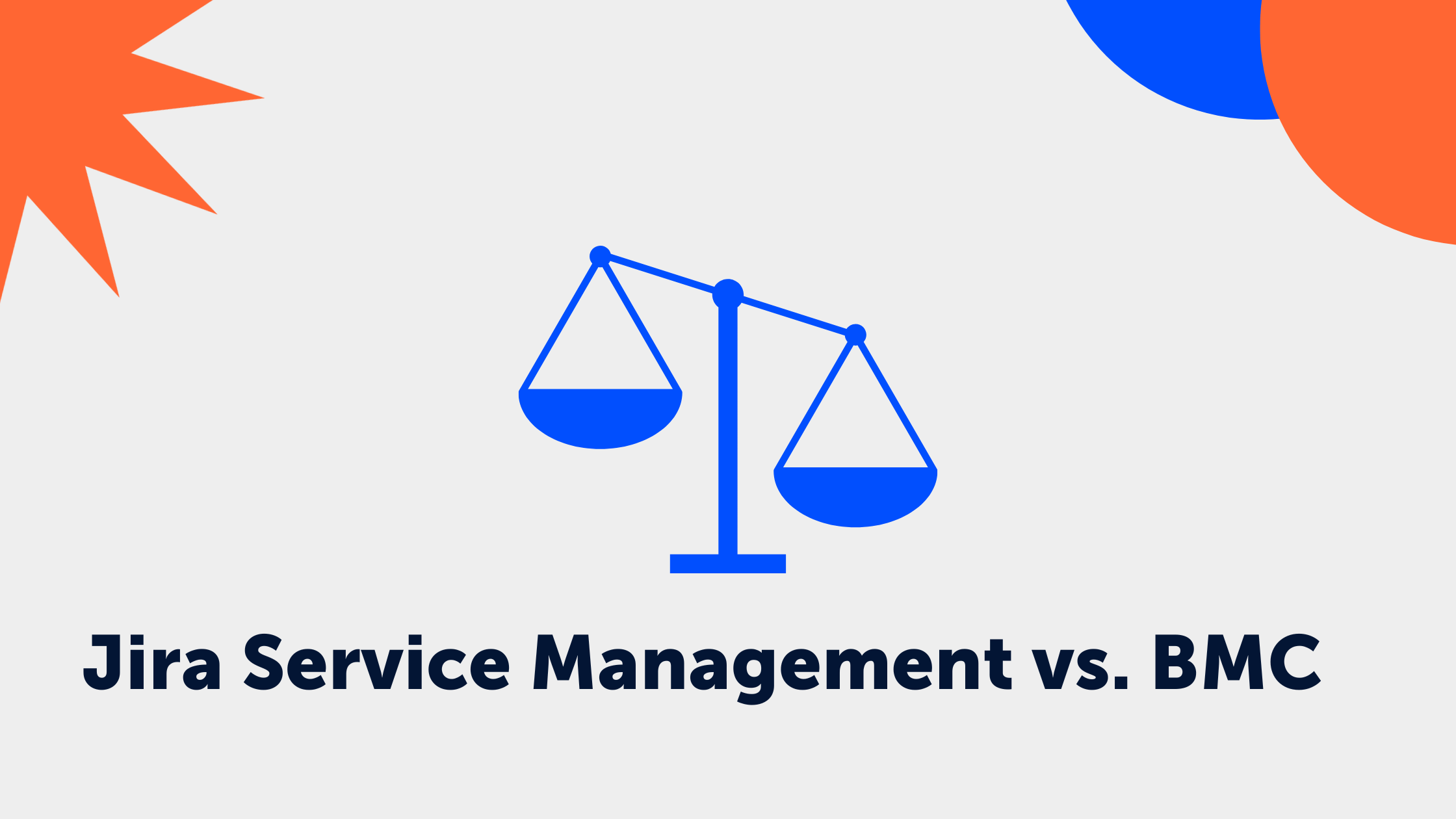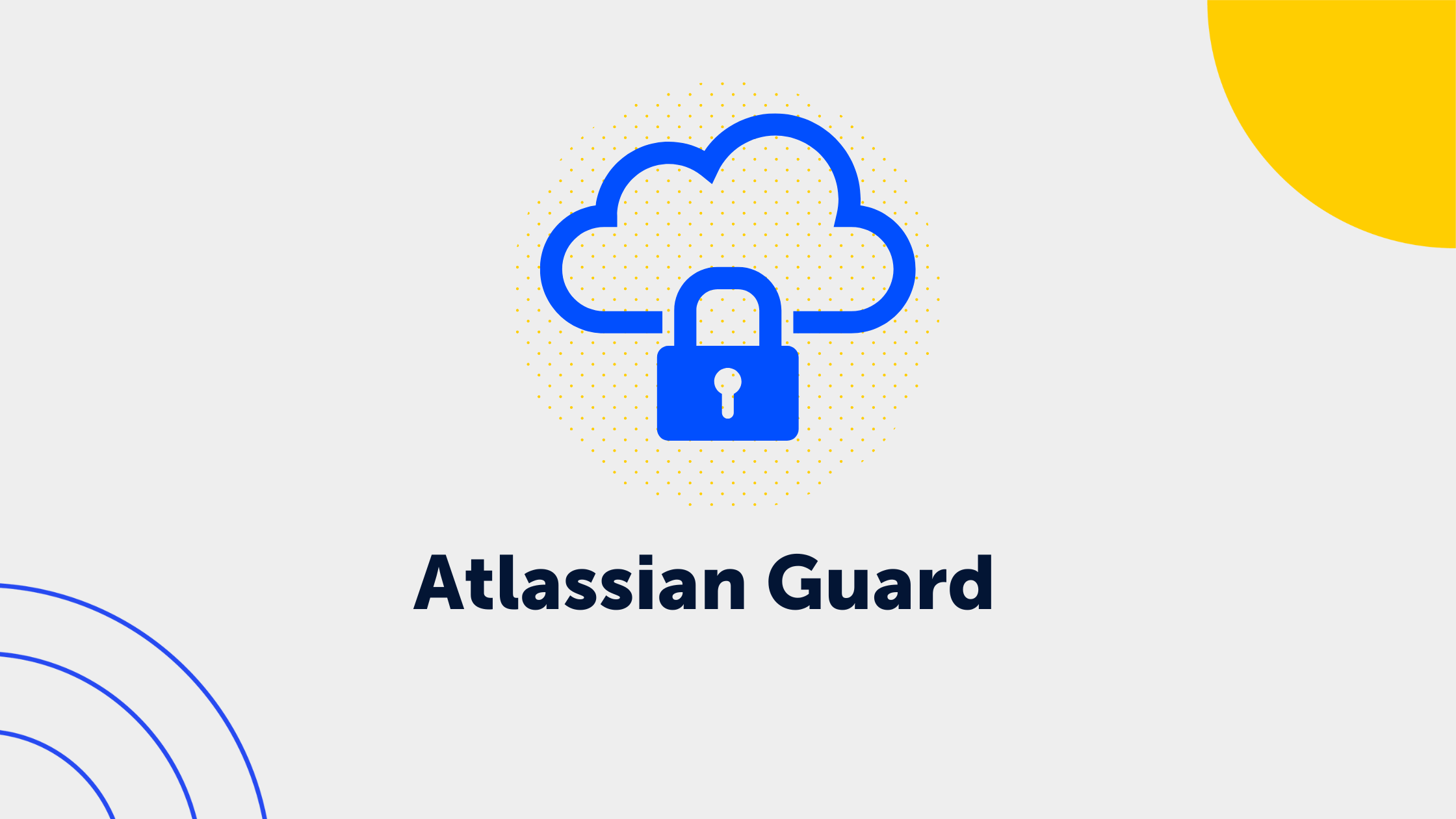3 min read
Lean Portfolio Management – real trend or just hype?
Anna Paul : Jun 25, 2024 10:00:00 AM
Efficiency and Cost Savings – that's what Lean Portfolio Management (LPM) promises. But many cutting-edge concepts promise the same – and in terms of agile transformation, things can easily backfire. However, LPM perfectly aligns with the current demand for more agility and digitalization, as it promotes agility at a strategic level. Let's look at innovation pressure, competitiveness, artificial intelligence, automation, and the aforementioned effectiveness plus cost efficiency in connection with Lean Portfolio Management.
What is Lean Portfolio Management and what does it achieve?
First, let's clarify the basics: Lean Portfolio Management aims to align agility and strategic direction in corporate portfolios. By combining traditional management methods with lean and agile principles, a more agile response to market changes is enabled. Given the pressure for innovation and the rapid development of artificial intelligence, organizations must be able to react faster. LPM supports these requirements through flexible and responsive management methods.
Lean Portfolio Management is a framework that not only defines the prioritization of projects and initiatives but also ensures that all corporate initiatives are closely aligned with overarching business goals. This is particularly interesting for managers and executives who, due to increased competitive pressure, have less and less time to make strategic decisions. LPM helps them achieve their goals more efficiently.
The main goal of LPM is to align agile development with business strategy to create products and solutions that provide value to customers. And, of course, to save costs through increased efficiency.
The future viability of Lean Portfolio Management
If you think that digitalization and automation are the solutions to everything, you're not alone. Artificial intelligence (AI) is currently revolutionizing portfolio management and providing unprecedented transparency. But is more transparency always better, or just an additional burden?
This is where Atlassian tools come into play. Jira Align, for example, is ideal for implementing LPM on a large scale. The tool helps align strategic goals with the development work of teams and provides real-time insights into progress. It also enables agile budgeting (also known as lean budgeting) and resource allocation, which can be dynamically adjusted to changing market conditions. Such tools not only promote the scaling of agile methods but also a stronger alignment of corporate strategies with actual market requirements.
Strategic advantages of Lean Portfolio Management
Let's talk about the benefits: With LPM, you not only increase your company's agility but also significantly improve strategic decision-making. By applying lean principles such as just-in-time delivery and value stream management, you optimize resource allocation and ensure that your investments achieve maximum impact. LPM also promotes a culture of continuous improvement and experimental learning – allowing you to respond to changes in the market more quickly. This approach leads to better alignment between strategic goals and operational activities – and that's exactly what you want.
Challenges in implementing LPM
Of course, there are also challenges. Resistance within the company is inevitable, as LPM requires a comprehensive cultural change. Letting go of traditional ways of working and embracing agility is easier said than done.
The transparency required by LPM can initially be perceived as surveillance, creating uncertainty. But with tools like Confluence, such obstacles can be overcome – because, in our experience, documentation and knowledge management must be simple above all. And for all employees, regardless of location. This way, you turn uncertainty into an agile asset.
Essential tools and frameworks
For highly effective Lean Portfolio Management, specialized tools and frameworks are indispensable. Jira Align is unparalleled when it comes to synchronizing strategic goals with the actual work of teams. It provides real-time insights into project progress and fosters seamless communication across all levels. Confluence supports knowledge management through centralized documentation and facilitates collaboration. And let's not forget SAFe, the framework for scalable agile practices, which integrates lean-agile principles at portfolio level and optimizes the implementation of strategic initiatives. With this trio, you are on the safe side with Lean Portfolio Management.

Agile transformation with the right training
Whether you are just planning to implement SAFe® as a framework or already use it and want to optimize its application – our certified training courses provide you with valuable knowledge for the successful application of SAFe®.
How we make the difference
Are you ready to fully leverage LPM? At veniture, we offer more than just consulting – we deliver tangible results. With our customized solutions in Jira Align, Confluence, and other Lean Portfolio Management tools, we address your company's most pressing needs. We help you streamline your processes, sharpen your strategy, and optimally network your teams. Let's tackle the challenges together and make your company agile and future-proof. Contact us and find out how we can bring you closer to your business goals with our best practices.


